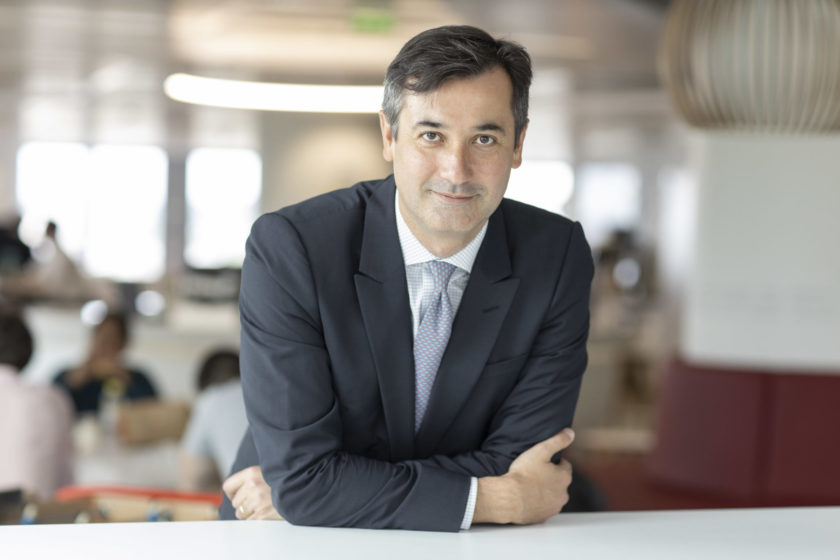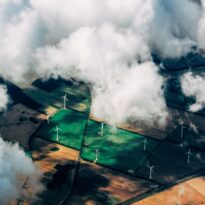Environmental concerns must not be forgotten as global policy focuses on fighting Covid-19, AXA Investment Managers has warned.
According to AXA chief economist Gilles Moec, there is the risk that green concerns will disappear from the collective consciousness as global economies seek to deal with the pandemic.
There is also the opposite risk of seeing public opinion react to Covid-19 by rejecting globalisation and embracing alternative economic models, which may on the surface appear to reduce carbon emissions but will hinder global economic growth, says Moec.
Moec explains: “In this ‘de-growth’ scenario, the lack of a recovery seemingly becomes the main tool against global warming, although we would question whether it would be politically and socially acceptable that we should collectively forfeit any rebound from the current recession in 2021 and then accept a long recession for example. We suspect that the associated social and geopolitical costs would be on par with those of global warming. There is nothing like an actual recession to make “de-growth” less appealing.”
The investment group expects CO2 emissions to fall by 6% this year. However, emissions would need to fall a further 13% by 2030 to meet the Global Investor Coalition’s “emissions envelope”, which seeks to keep global warming under 1.5 degrees by the end of the century.
This suggests that the ongoing recession is only having a “very marginal impact” on carbon emissions and still not giving enough time to tackle global warming, says Moec.
“The issue has not gone away magically because of the pandemic. Additional efforts at speeding up the decarbonisation of our economies are necessary and cannot be postponed, or very quickly we will face a stark choice between accepting to “let go” on curbing global warming, with the associated environmental, social and geopolitical costs, or accepting a phase of durable recession.
“The solution comes from investments. Global capex could be a lasting victim of the current recession, but at the same time, the European Commission estimates the investment effort needed to deliver the green transition at 2% to 3% of annual GDP. A lot of those ‘transition investments’ are not immediately profitable – that is part of revealing the true cost of the negative externality which global warming ultimately is.”
However, investors can draw on the low interest level environment, which is likely to persist for some time as economies seek to recover from the downturn.
Moec adds: “A European Climate Emergency Fund modelled on the European Stability Mechanism, which would issue front-loaded joint, very long-term debt and whose proceeds would be used to fund green transition projects undertaken by governments or corporations, could be the answer. Although it sounds far-fetched right now, there is an opportunity to reconcile economic growth, curbing global warming and making much needed progress on European fiscal integration via such a fund.
“It was probably unavoidable that Green concerns get side-lined at the peak of the policy fight against the pandemic, for both logistical and efficiency reasons. The risk now is to lose track of them entirely as we design the medium-term support to our economies.”






























